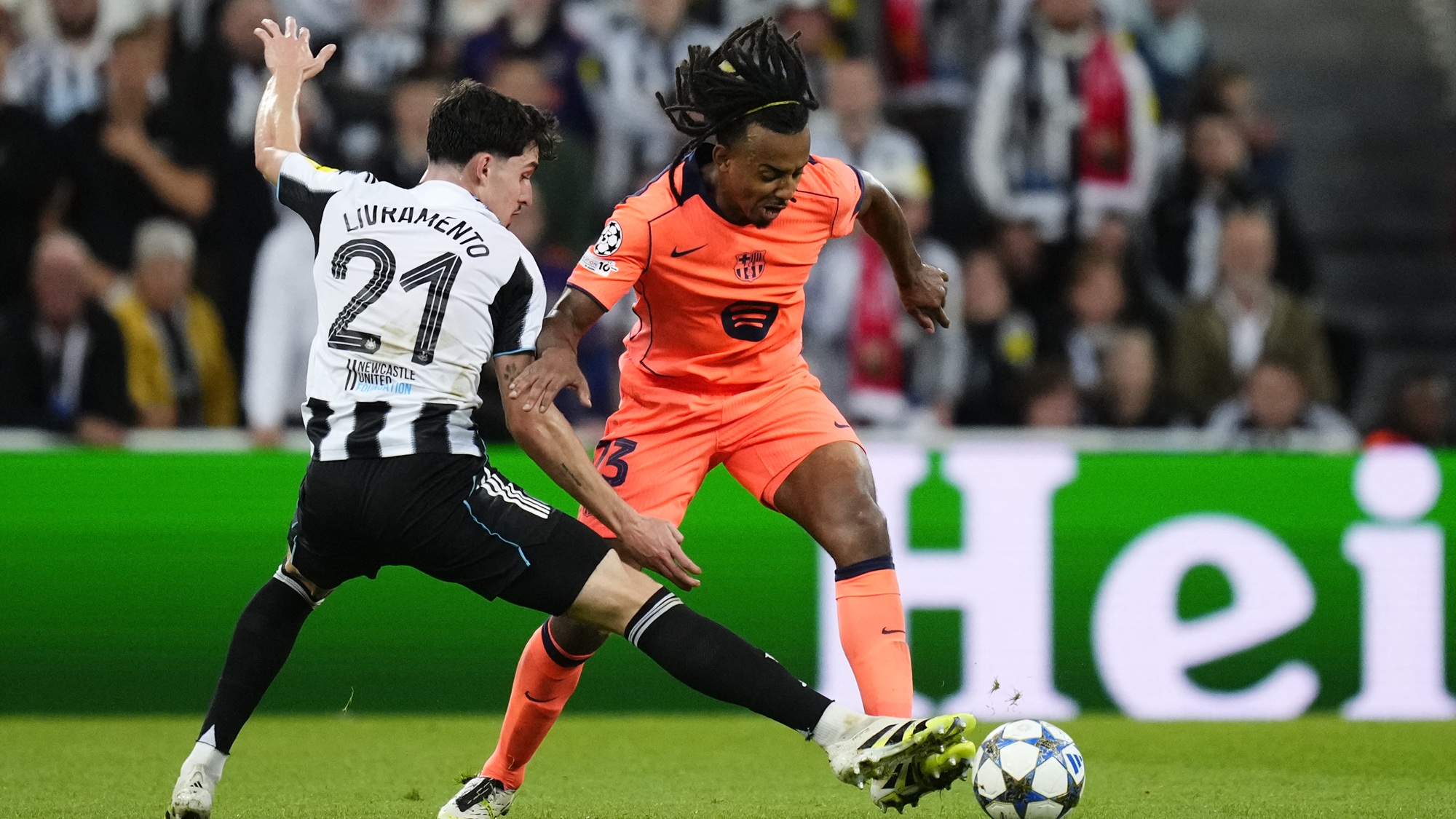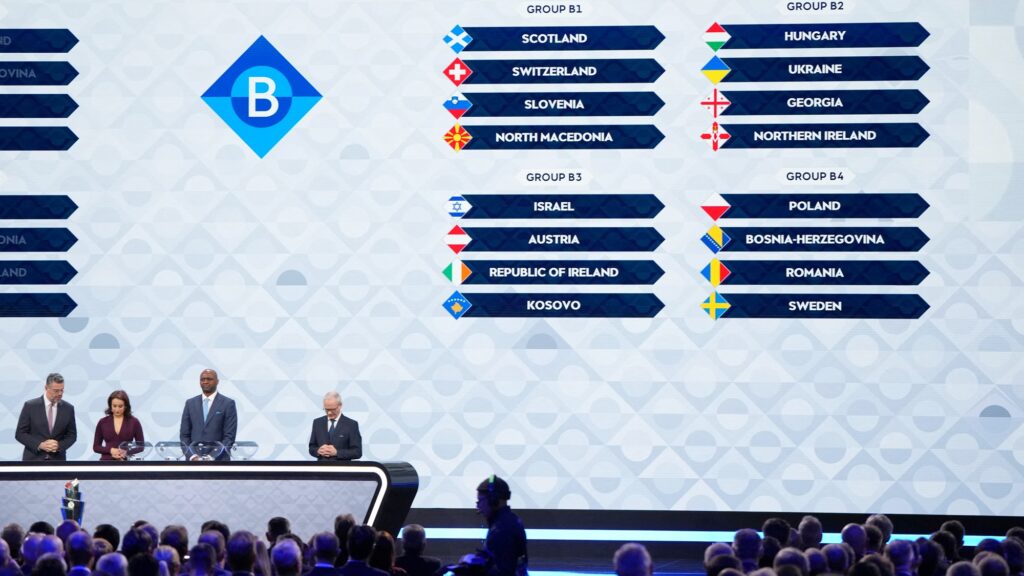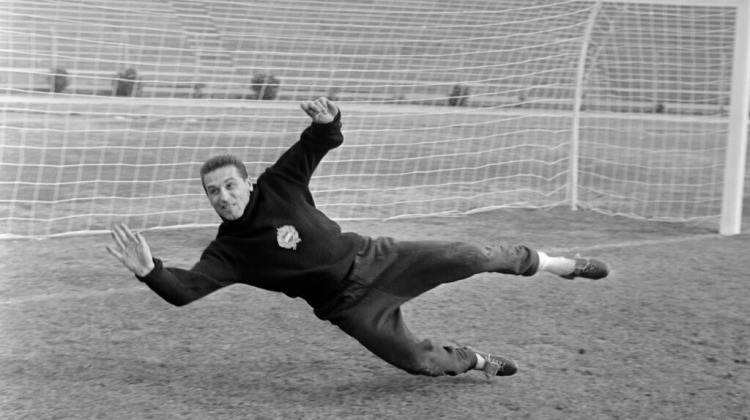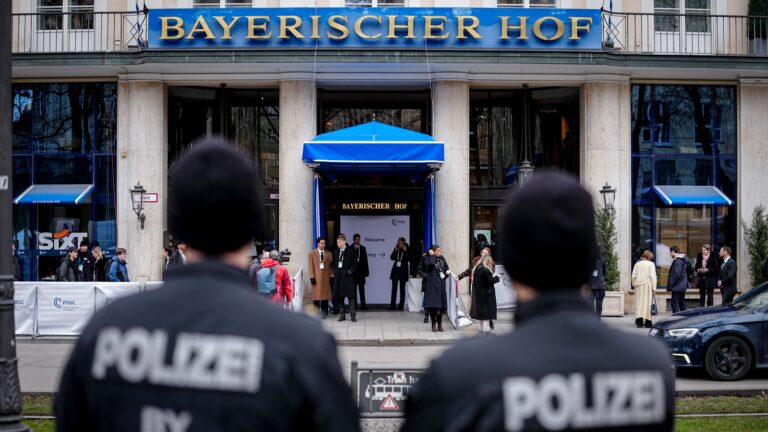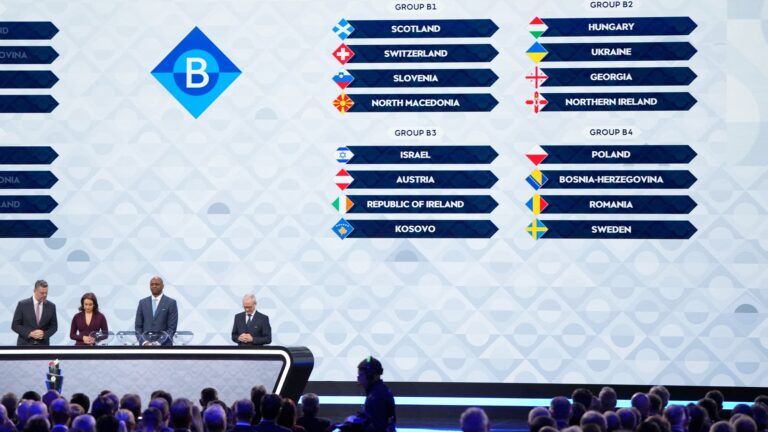I am fully aware that I am fighting one hell of an uphill battle here—however, just like Liverpool down 3–0 in the 2005 Champions League final against AC Milan, I am not giving up just yet. Last year, I published two opinion pieces voicing my misgivings about the newly introduced league phase format in European club competitions.
Since then, I’ve seen commenters in online forums—and even Ferencváros CEO Pál Orosz, in his lecture at Football Forum Hungary 2025—praising the new format and calling it a great success for European football.
And it seems we have a lot to look forward to even today. We have Galatasaray taking on Liverpool in Istanbul, Türkiye, a game which will likely feature three Hungarian internationals on the pitch: Dominik Szoboszlai and Milos Kerkez on the Liverpool side, and Roland Sallai on the Galatasaray side. We also have José Mourinho, now Benfica’s head coach, returning to the site of his glory days: Chelsea’s Stamford Bridge.
However, let me ask one question to football fans around the world, and I would plead with them to answer honestly: Does it really feel like the results mean anything?
I have made some points in my two opinion pieces last year about the lack of tradition of the so-called ‘Swiss system’ (that term is arguably not the most accurate to describe the league phase, but UEFA itself uses it), and the lack of real jeopardy with two-thirds of the field advancing to the next round.
In the first season with the league format, I feel like I have been proven correct on those points. Liverpool topped the UCL league table in January, winning seven out of their eight games. On paper, they bested the entire 36-team field. What did it get them? They were spared a preliminary round, but then were knocked out by Paris Saint-Germain right in the next round, among the best 16. PSG, on the other hand, barely got by in the league phase, having finished 15th and having to sweat the last matchweek to see if they even qualify. Yet, not only did they get to the final, but they battered Internazionale from Italy 5–0 there, an unprecedentedly lopsided scoreline in the history of UCL finals.
Given all that, why should I get all too invested in what tomorrow’s game between Barcelona and Paris Saint-Germain, or the next matchweek’s game between Real Madrid and Juventus, will bring?
Sure, seeing those clubs’ names on the marquee will generate a lot of attention. And it is also true that in the old group stage format, it was rare to get two clubs of that calibre in the same group due to the different seeding pots before the group draw. However, there are plenty of those games played around the world in the summer as well, either as friendlies or as part of a short promotional tournament (think of the Audi Cup, for example).
With this new format, the UCL is in danger of slowly relegating its games to the same level of prestige…
In recent years, international football has undergone a number of drastic changes. I welcome several of these developments, such as the creation of the UEFA Nations League, the revamped FIFA Club World Cup, and even the introduction of VAR in refereeing. However, fans should keep in mind that not all change is good change.
For example, here’s a stark warning: currently, FIFA is in negotiations with the South American host countries of the 2030 World Cup about bloating the tournament field to 64 (!) teams. At some point, fans need to stand up to protect the tradition of the great game.
Related articles:

